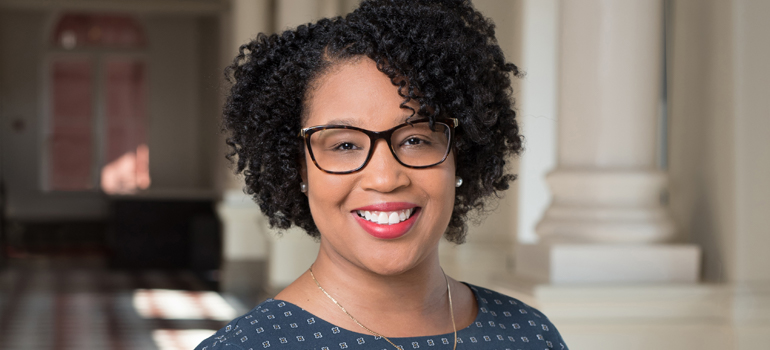“The Community Is Terrified”: How Political Rhetoric Affects Immigrants’ Ability to Access Health Care
Undocumented immigrants struggle when they need to access medical care. “Undocumented immigrants don’t have access to insurance; they can’t buy insurance through the marketplace,” says Mayra Casas Jackson, Executive Director of the Immigrant and Refugee Law Center (IRLC). They are not eligible for Medicaid either. That means they must pay out of pocket for every…









